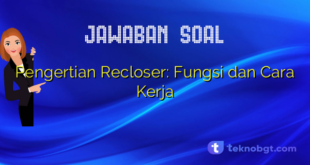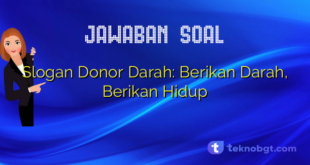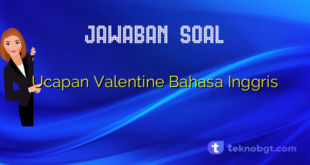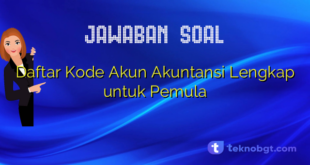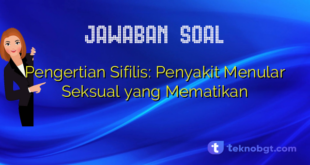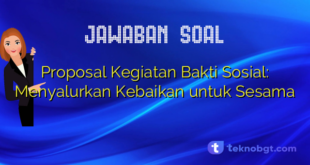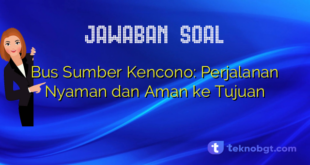Indonesia is a country rich in culture and traditions, with a diverse range of customs and practices that vary from one region to another. One of the most popular forms of traditional poetry in Indonesia is Pantun Jenaka, a type of humorous poetry that is widely enjoyed across the country.
What is Pantun Jenaka?
Pantun Jenaka is a type of traditional poetry that is characterized by its humorous and playful tone. It is composed of four-line verses, with each line containing eight to twelve syllables. The first two lines of the verse are called the “pembayang”, while the remaining two lines are called the “pesan”.
One of the unique features of Pantun Jenaka is its use of wordplay and puns, which often involve double entendres and witty twists. The humor in Pantun Jenaka can range from light-hearted and playful to sarcastic and biting, making it a versatile form of poetry that can be used for a variety of purposes.
The History of Pantun Jenaka
Pantun Jenaka has a long and rich history in Indonesian culture, dating back to the pre-colonial era. In the past, Pantun Jenaka was often used as a form of entertainment during social gatherings and festivals, where poets would compete with each other to come up with the most clever and amusing verses.
Over time, Pantun Jenaka became more than just a form of entertainment. It was also used as a means of social commentary and critique, with poets using their verses to mock and satirize those in positions of power or authority.
The Structure of Pantun Jenaka
As mentioned earlier, Pantun Jenaka is composed of four-line verses, with each line containing eight to twelve syllables. The first two lines of the verse are called the “pembayang”, which set up the rhyme and rhythm of the verse. The remaining two lines, called the “pesan”, complete the rhyme and provide the punchline or humorous twist.
Here is an example of a Pantun Jenaka:
“Pergi ke pasar beli durian
Ketemu janda yang pegang kain
Saya tanya, ‘apa kabar sayang?’
Dia jawab, ‘boleh beli kain?’
In this example, the first two lines set up the scene of the speaker going to the market to buy durian, while the remaining two lines provide the humorous twist by revealing that the woman he meets is actually a widow who is trying to sell her clothing.
The Significance of Pantun Jenaka
Pantun Jenaka is more than just a form of entertainment or poetry. It is also an important part of Indonesian culture and identity, reflecting the country’s rich history and diverse traditions. Pantun Jenaka is often used in everyday conversation, particularly in informal settings where humor and playfulness are valued.
Moreover, Pantun Jenaka is also a way for Indonesians to express themselves and their emotions, particularly in situations where direct communication may be difficult or taboo. The use of wordplay and puns allows speakers to convey their thoughts and feelings in a more indirect and subtle way, making it easier to broach sensitive topics or express criticism without causing offense.
The Future of Pantun Jenaka
Despite its long history and enduring popularity, Pantun Jenaka is facing some challenges in the modern era. As Indonesia becomes more globalized and urbanized, traditional forms of poetry like Pantun Jenaka are at risk of being forgotten or marginalized.
However, there are also efforts to preserve and promote the tradition of Pantun Jenaka, particularly among younger generations. Schools and universities are incorporating Pantun Jenaka into their curricula, while cultural organizations and festivals are showcasing the art form to wider audiences.
In Conclusion
Pantun Jenaka is a unique and important part of Indonesian culture, reflecting the country’s rich history and diverse traditions. It is a form of poetry that is not only entertaining but also serves as a means of social commentary and critique. While facing some challenges in the modern era, efforts are being made to preserve and promote the tradition of Pantun Jenaka for future generations to enjoy and appreciate.


